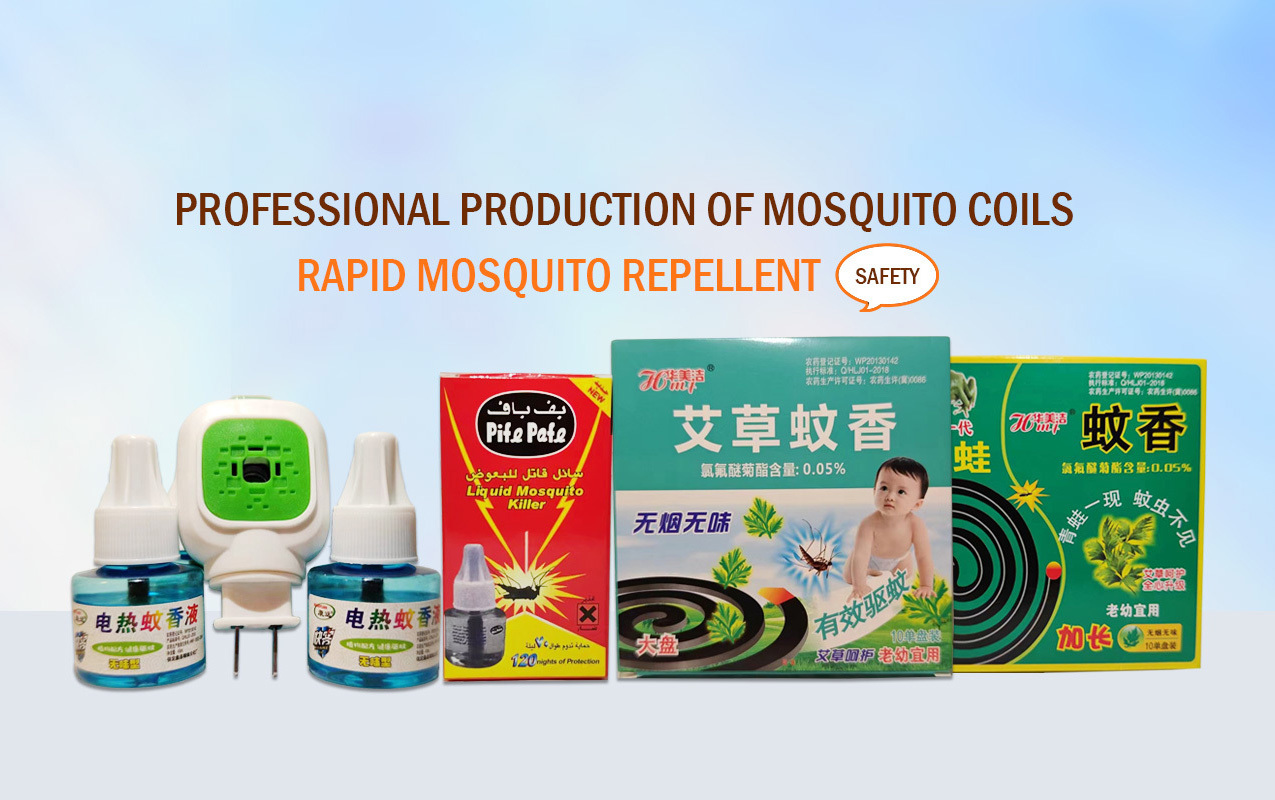Effective Strategies for Using Pesticides to Combat Mosquito Infestations
2025-01-29

Mosquitoes are not only a nuisance but also pose significant health risks as carriers of various diseases. For this reason, the use of effective pesticides for mosquito control has become increasingly important in both agricultural settings and residential areas. Understanding the types of pesticides available and how to use them judiciously can greatly enhance your efforts in managing mosquito populations.
There are several types of pesticides formulated specifically to target mosquitoes. These include synthetic insecticides, which are chemically engineered for effectiveness, and biological control agents, which rely on natural organisms or substances to suppress mosquito populations. Synthetic insecticides often fall into categories such as pyrethroids, organophosphates, and neonicotinoids, each with unique modes of action and effectiveness against different mosquito species.
When considering the application of pesticides for mosquito control, timing and method are crucial. Applying pesticides during the early morning or late evening when mosquitoes are most active can increase their effectiveness. Additionally, using targeted application methods, such as fogging or larviciding, allows for more efficient pest management. Fogging disperses the pesticide in the air, creating a mist that targets adult mosquitoes, while larviciding focuses on the water sources where mosquitoes breed, eliminating them before they reach adulthood.
Safety is paramount when using pesticides. Always review the product label for specific instructions regarding application rates, safety precautions, and environmental considerations. Wearing appropriate protective gear, such as gloves and masks, can minimize exposure risks. Additionally, maintaining a balance between effective pest control and environmental responsibility is essential; choosing less harmful pesticides and integrating them into a broader Integrated Pest Management (IPM) strategy can help mitigate potential impacts on non-target species and the ecosystem.
It's also important to monitor the effectiveness of your mosquito control methods. Regular assessments can help identify areas where mosquito populations remain high, allowing for adjustments in your pesticide application strategy. Consider incorporating non-chemical methods, such as removing standing water sources or introducing mosquito predators, to enhance overall control efforts.
In summary, utilizing pesticides for mosquito management requires a thoughtful approach that considers product selection, application techniques, and safety protocols. By combining these strategies while remaining aware of environmental impacts, you can effectively reduce mosquito populations and minimize the risks associated with their presence.
There are several types of pesticides formulated specifically to target mosquitoes. These include synthetic insecticides, which are chemically engineered for effectiveness, and biological control agents, which rely on natural organisms or substances to suppress mosquito populations. Synthetic insecticides often fall into categories such as pyrethroids, organophosphates, and neonicotinoids, each with unique modes of action and effectiveness against different mosquito species.
When considering the application of pesticides for mosquito control, timing and method are crucial. Applying pesticides during the early morning or late evening when mosquitoes are most active can increase their effectiveness. Additionally, using targeted application methods, such as fogging or larviciding, allows for more efficient pest management. Fogging disperses the pesticide in the air, creating a mist that targets adult mosquitoes, while larviciding focuses on the water sources where mosquitoes breed, eliminating them before they reach adulthood.
Safety is paramount when using pesticides. Always review the product label for specific instructions regarding application rates, safety precautions, and environmental considerations. Wearing appropriate protective gear, such as gloves and masks, can minimize exposure risks. Additionally, maintaining a balance between effective pest control and environmental responsibility is essential; choosing less harmful pesticides and integrating them into a broader Integrated Pest Management (IPM) strategy can help mitigate potential impacts on non-target species and the ecosystem.
It's also important to monitor the effectiveness of your mosquito control methods. Regular assessments can help identify areas where mosquito populations remain high, allowing for adjustments in your pesticide application strategy. Consider incorporating non-chemical methods, such as removing standing water sources or introducing mosquito predators, to enhance overall control efforts.
In summary, utilizing pesticides for mosquito management requires a thoughtful approach that considers product selection, application techniques, and safety protocols. By combining these strategies while remaining aware of environmental impacts, you can effectively reduce mosquito populations and minimize the risks associated with their presence.
Recommend News
Contact Us
Leave Us A Message


